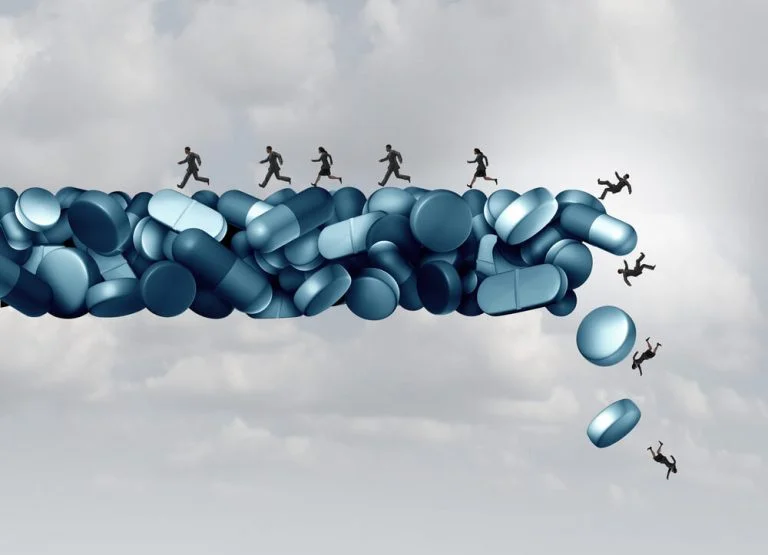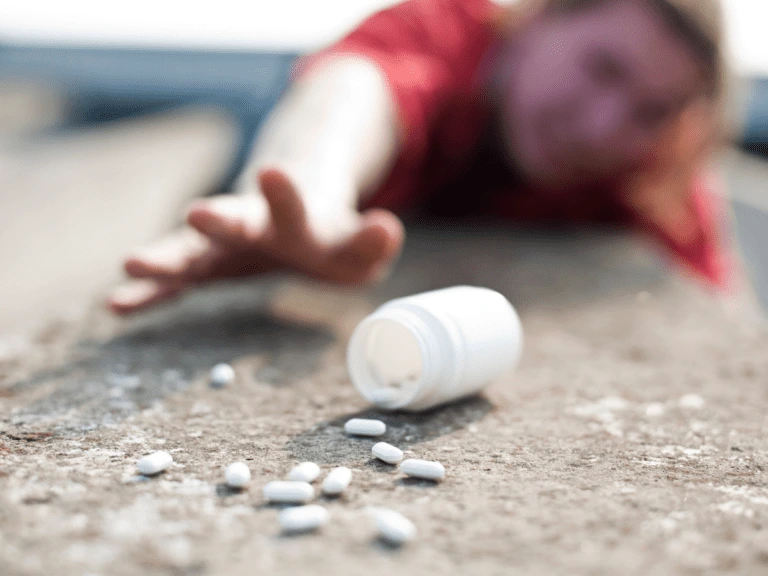The Hidden Benzodiazepine Epidemic
Addiction is a medical and mental condition; yet, it isn’t diagnosed by doctors on routine visits, even when they recognize addictions in patients who visit for other problems. They may not even say anything or record what they see in the electronic health records that they maintain. The reason is simple – EHRs exist for doctors to be able to bill Medicaid, Medicare and insurance companies; since these organizations don’t pay doctors for addiction treatment, there’s no reason for these observations to go on the record. It’s one of the reasons why the benzodiazepine epidemic remains hidden.

Why is the benzodiazepine epidemic not talked about? Is it really that big of a problem?
Benzodiazepine addiction overshadowed by opiates
There is another reason why the benzodiazepine epidemic is considered a hidden one – it is an epidemic overshadowed by another addiction phenomenon that receives far more press: the opioid addiction epidemic.
The CDC recognized the prescription drug addiction epidemic as late as the year 2011, and steps have since been taken to help rein in the practice of over-prescription. Yet, benzodiazepine overdose statistics have not been encouraging. In the year 2013, drugs such as Valium and Xanax were involved in one out of three of all overdose deaths. Only opiates are deadlier, being involved in two out of three overdose deaths.
There are some statistics to show that prescriptions for benzodiazepines have actually risen a couple of percentage points: while only 4.1% of all adults in America filled such prescriptions 20 years ago, close to 6% do so today. There is another disturbing statistic to pay attention to: the number of Valium and Xanax deaths per year. These numbers in the same period have risen at an even higher rate. This suggests that once people begin using benzodiazepines on a prescription, they leave the prescription behind at some point to buy off dealers. They tend to use these drugs in particularly risky ways, such as in combination with other drugs.
Taking charge on benzo addiction
Discussions about the public health threat that benzodiazepine addiction poses can cause concern. For some, however, it hits home. If someone close to you has a problematic relationship with benzodiazepines, it’s important to know what to do.
Getting off a benzodiazepine habit can be different than with other drug habits. Benzodiazepines such as Xanax tend to cause serious physical dependence. This means that when addiction forms, the brain adapts so thoroughly to the presence of this drug, there are complications when you attempt to taper down or get off altogether.
The withdrawal phase tends to be unusually long with benzodiazepines. With Xanax, for instance, the most intense phase that involves anxiety, palpitations, depression and night sweats, lasts as long as 7 days. With Valium, this period can last 90 days. Protracted addiction withdrawal symptoms tend to last a year or longer in some cases.
Quitting cold turkey is particularly dangerous with benzodiazepines, because seizures are a real possibility in the first week. It takes a medical doctor with specific experience with treatment for benzodiazepines to be able to determine how gentle a taper may be needed. It’s also important to receive medical attention to ensure that that seizures are prevented.
Following up with rehab
When a person addicted to these medications attempts to quit treatment after detox once the cravings and other symptoms fade away, they can’t expect their sobriety to last. Addiction to these drugs comes with psychological dependence, as well — changes created in the brain and mind on a very deep level. These changes can lead to the return of cravings before long.
When the complications of psychological dependence are ignored in treatment, a quick relapse is usually the result. All good rehabs offer patients thorough psychological rehabilitation programs. In therapy, patients learn ways to improve their psychological health, and avoid and overcome cravings.
Rehabs with expertise in treatment for addiction to benzodiazepines used to be rare; with the persistence of the benzodiazepine epidemic, however, there are a reasonable number in existence now. Still, it’s important to make sure that the rehab you choose does possess expertise; a quick search on the thorough database of the website of Better Addiction Care can be of immense help.
If you’d like to speak to professional, a call on (800) 429-7690 can put you in touch with a qualified counselor with experience in treatment for addiction to benzodiazepines.






